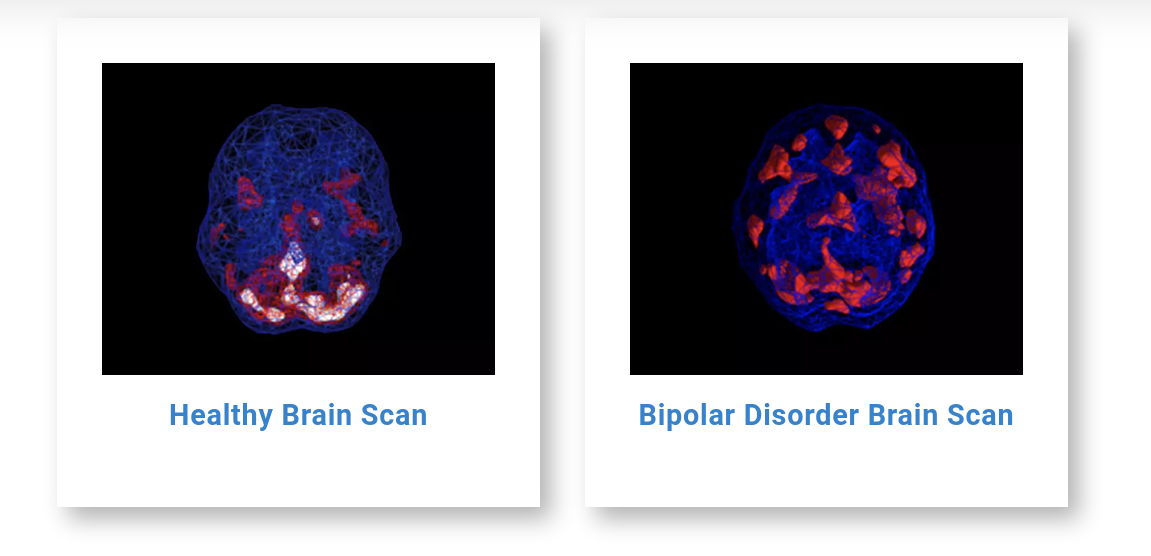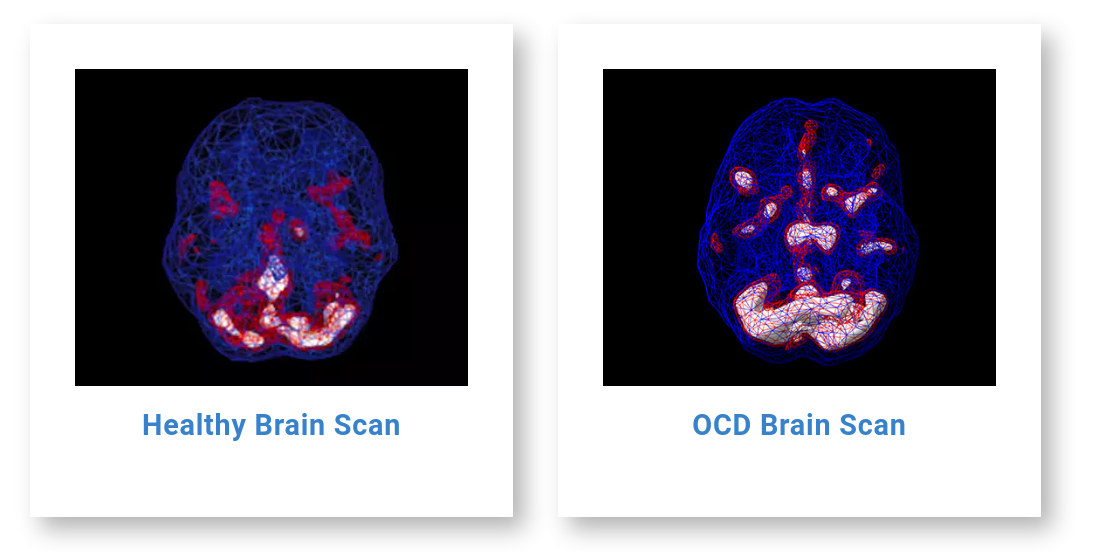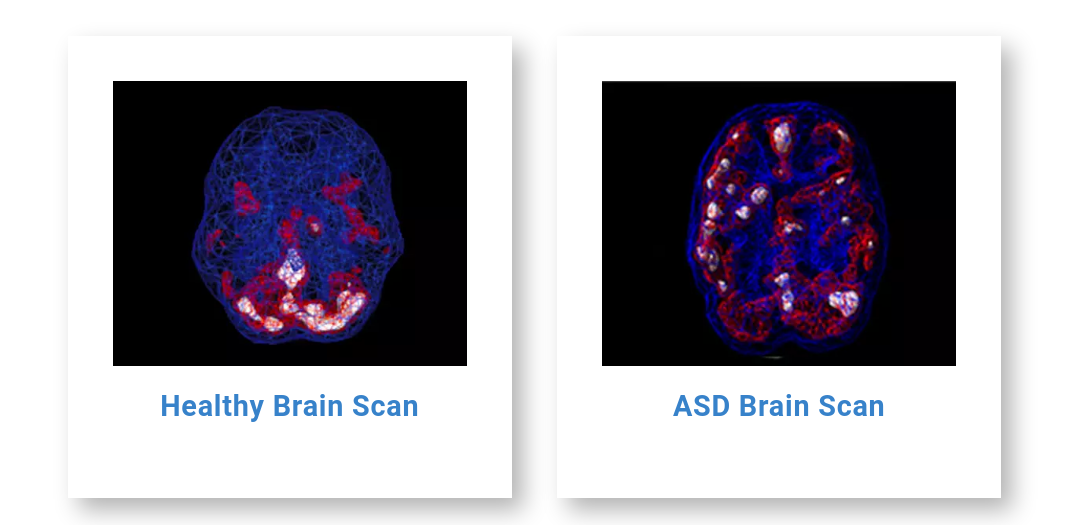The Biome
We outline connections between the gut microbiome, autoimmune conditions, neuropathic pain, eye pain, chemical intolerance, and a specific set of “overactive” mental illnesses. All seem to be connected to a sensory processing disorder. This is joint work with Luca Estinto.
We propose there is collection of disorders characterized by sensory processing issues. This collection of symptoms affects many and is rarely viewed holistically. We propose to view them holistically and approach their treatment as such – keeping in mind that autoimmune disorders usually are best detected genetically, and medication-wise sensory processing is best treated using tricylic antidepressants, GABA analogues, and glasses prescribed by a behavioural optometrist.
Sensory processing disorders and connectivity
People who react strongly to perfumes and strong smells (chemical intolerance) are such that they perceive a smell at a constant level of intensity, the signal is processed at the same intensity over time. Normal people perceive the signal intensity to decrease over time, they “get used to it”. Signal intensity is monitored via brain blood flow (measured using EEG and fMRI). The same blood flow pattern as those with chemical intolerance is found in those with chronic pain. [(2012)Summary of Linuss Andersson (Sick of Smells: Empirical Findings and a Theoretical Framework for Chemical Intolerance)] [(2018) Multiple Chemical Sensitivity Review of the State of the Art in Epidemiology, Diagnosis, and Future Perspectives].
Sensory processing disorders and glutamate
If you want to imagine what life is like as a highly sensitive person recall what it is like to have a hangover — when you have a hangover you have an excess of free glutamate which causes overexcitability of sensory processing.
Children with sensory processing disorders have disconnected white matter (measured using DTI) [(2016)Brain’s Wiring Connected to Sensory Processing Disorder].
It is worth nothing that Gabapentin (600mg) seems quite effective in cases of patients who tend toward alcohol to calm overexcitability and anxiety. Gabapentin is structurally similar to the neurotransmitter glutamate and competitively inhibits branched-chain amino acid aminotransferase (BCAT), slowing down the synthesis of glutamate.
Excitable Mental Illness and the role of Glutamate
A sensory processing disorder makes excitable mental illnesses more likely. Mental illness wise, adhd, aspergers, bipolar, anxiety and autism have “ring of fire” blood flow patterns in the brain. Too much glutamate causes overexcitability of the brain (measured using SPECT). [Amen Clinics Articles] Their clinic uses SPECT imaging as a diagnostic tool for psychiatric treatment [Amen Clinics: Multi-site six month outcome study of complex psychiatric patients evaluated with addition of brain SPECT imaging]. Some examples (all photos are from the Amen Clinic):



SPD causing Visual Tunneling and Autoimmune conditions affecting Eyesight
Visual tunneling is a particularly pervasive issue that affects all senses, it results from an overload of visual sensation in the brain. Tunneling is a subconscious spatial adaptation to reduce the information the individual handles. The individual is either overwhelmed with informatio or has trouble sorting out the significant area for attention.[(2014)Visual Tunneling: A Pervasive Vision disorder]
“Cognitively speaking, for these individuals to succeed, they subconsciously fragment space or tunnel, i.e. reduce the amount of information processed in order not to be overwhelmed in dealing with abstract or conceptual activities. In the physiological aspect, the complications of this adaptation for the hyperopic patient include moving the pelvis backward and the forehead forward, and the eyes feel like they are turned out.” This visual tunnelling affects their ability to control their attention, as well as motor and postural changes. For example, one might walk with smaller steps, round their shoulders, lock their knees when standing, and develop upper back, shoulder, or neck tension.
Nutrient deficiences such as low vitamin D as well as being sensorily overwhelmed cause eyesight issues (autoimmune diseases of the eye and visual tunneling respectively) [source?].
Sensory processing disorders and Autoimmune Disease
People who are highly sensitive (a genetic trait) are more likely to have autoimmune diseases such as diabetes, and I would postulate, celiac. [(2018)Sensory Processing Sensitivity and Type 1 Diabetes] [Celiac and Diabetes are often comorbid]
This study does not show causalty, it shows that 50% of children with autism also suffer gastrointestinal symptoms, such as celiac disease or constipation, comorbidly. Children with ASD have altered gut microbial composition, with decreased gut bacterial variety and underestimation of potentially helpful bacteria such as Bifidobacterium, Prevotella, and Desulfovibrio, as well as a decrease in short-chain fatty acids. Screening of gastrointestinal symptoms and celiac disease in children with autism spectrum disorder
Enteric Nervous System and Excitable Mental Illness
Our guts produce 90% of serotonin, if you are low on folic acid or any other basic vitamins/nutrients you literally cannot create serotonin, dopamine, and other neurotransmitters. [add] Would a severe serotonin deficiency show up in a SPECT scan?
There is ongoing work to directly detect and monitor this for diagnostic and treatment purposes. [UMD: building an ingestible capsule that can monitor and model gut microbiome serotonin activity]
Altered composition and function of intestinal microbiota in autism spectrum disorders: a systematic review. The overall changing of gut bacterial community in terms of β-diversity was consistently observed in ASD patients compared with HCs. Furthermore, Bifidobacterium, Blautia, Dialister, Prevotella, Veillonella, and Turicibacter were consistently decreased, while Lactobacillus, Bacteroides, Desulfovibrio, and Clostridium were increased in patients with ASD relative to HCs in certain studies.
There has been some recent research on fecal transplants curing some forms of mental illness. The inverse is also true “with the transmission of depressive and anxiety-like symptoms and behaviours resulting from the transplantation of microbiota from psychiatrically ill donors to healthy recipients”. We collect some examples here:
Effect of fecal microbiota transplant on symptoms of psychiatric disorders: a systematic review.
Fecal Microbiota Transplantation in Depression
Examining Changes in Microbiota Over the Course of PTSD Treatment.
Open-label placebo vs double-blind placebo for irritable bowel syndrome: a randomized clinical trial
Enteric Nervous system/SPD causing Lowered Immune System causing Autoimmune Disease
If you have a lower immune system (low igA or igG or igM) you are more likely to have an autoimmune disease.
Remark: As a note, you are also more likely than average to have an autoimmune disease with an abnormally strong immune system. This is not the case we are discussing here.
The enteric nervous system generates igA and igG in our body. There is a link between igA and levels with a person’s perception of stress, implying the nervous system has the ability to control igA levels. EFFECTS OF PSYCHOLOGICAL STRESS ON SERUM IMMUNOGLOBULIN, COMPLEMENT AND ACUTE PHASE PROTEIN CONCENTRATIONS IN NORMAL VOLUNTEERS.
People with IgA deficiency should be tested for celiac disease because they are 10 to 20 times likely to develop an autoimmune response to gluten than the general population. ]
Using tests of raised igA and igG to detect for celiac disease is harmful and ineffective, as having naturally lowered igA and igG is usually comorbid with celiac disease. Thus, the rasied igA and igG register as normal levels on tests, giving many patients false negatives. The most effective test is a DNA test for the celiac markers. [(2017)Lack of Utility of Anti-tTG IgG to Diagnose Celiac Disease When Anti-tTG IgA Is Negative].
Immunosenescence or the ageing of the immune system is linked to the increase of autoantibody frequency while the antibodies decline [(2004) The Neuroendocrine Immune Network in Ageing ]. One way to frame the connection between SPD and being immunocompromised is that higher sensitivity leads to greater stress / perceived stress, which leads to a decrease in immunity which then naturally causes an increase in autoantibodies that would otherwise have occured during someones natural immunosenescence. [(2004) Inflamm-aging: autoimmunity, and the immune-risk phenotype ]
Mechanisms of Functional Dyspepsia and Treatment with Tricyclic Antidepressent
A proposed mechanism is that there is original inflammation, and then continued faulty pain signaling when input is gone. That is, a central sensitization model. [(2002) Functional dyspepsia–a psychosomatic disease ][Functional Dyspepsia: A Review of the Symptoms, Evaluation, and Treatment Options ] [(2005-2015) Antidepressent Therapy for Function Dyspepsia ] [(2018) Antidepressants improve functional dyspepsia symptoms, but how remains unclear ]
Autoimmune Disease is Under Direct Enteric Neural Control
The following are quotes from this paper: Fast acting nervous regulation of immunoglobulin A secretion from isolated perfused porcine ileum
“As in the salivary gland, sIgA is rapidly secreted in mucosal explants from porcine distal colon in response to both cholinergic and adrenergic receptor agonists, but remains unaltered by acute exposure to an enteroadherent microbial pathogen. The enteric neurotransmitters acetylcholine and NE appear to act on muscarinic cholinergic and alpha-adrenergic receptors expressed by crypt epithelial cells to promote transcytosis of the polymeric Ig receptor and enhance vectorial secretion of both sIgA and free SC towards the mucosal surface. In its early stages, this action appears to be temporally coincident with, but mechanistically independent of active ion transport. The precise receptor types and associated signal transduction mechanisms mediating sIgA secretion by these and possibly other enteric neurotransmitters at this mucosal immune effector site remain to be characterized.”
“In a more complex, vascularly-perfused porcine ileum preparation however, electrical stimulation of extrinsic nerves innervating the intestine increases sIgA secretion only after atropine and phentolamine pretreatment; this effect is inhibited by hexamethonium, a blocker of ganglionic neurotransmission. This result suggests that there may exist important inhibitory reflex circuits containing muscarinic cholinergic and alpha-adrenergic receptors which modulate the enteric neural control of sIgA output. Additional investigations will be necessary to establish how basal sIgA secretion onto the mucosal surface in vivo is modulated by the release of acetylcholine from enteric nerves.”
Virome Mediates Stress and Memory Responses
This will be a topic of a future post, it is critical to note that in fact the virome controls the gut biome entirely. Bacteriophages maintain biodiversity of a healthy gut.

The vital viruses that shape your microbiome and your health
Keyword summary:
- visual tunneling
- chemical intolerance
- chronic pain
- excess free glutamate
- high sensitivity
- autism/ocd/add/ptsd/bipolar
- functional dyspepsia
- sensory processing disorder.
- low autoimmune system
- likelihood to have autoimmune disease
- enteric nervous system
- lowered ability to create serotonin
- joint hyperflexibility